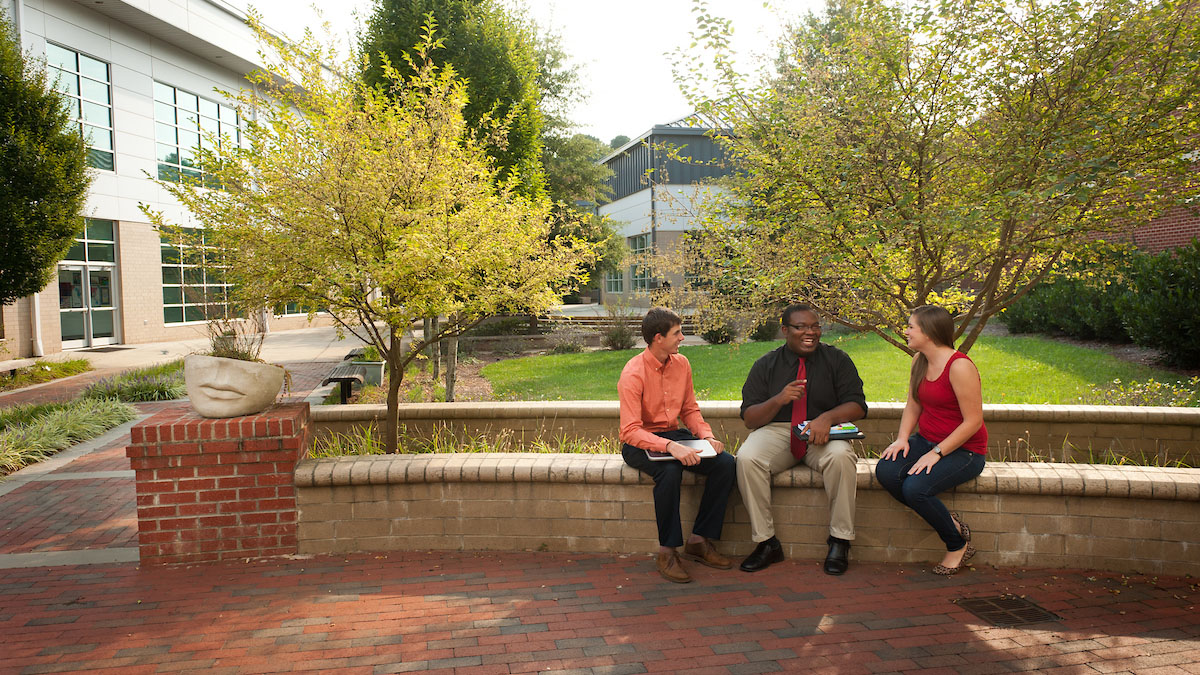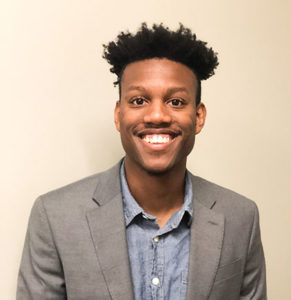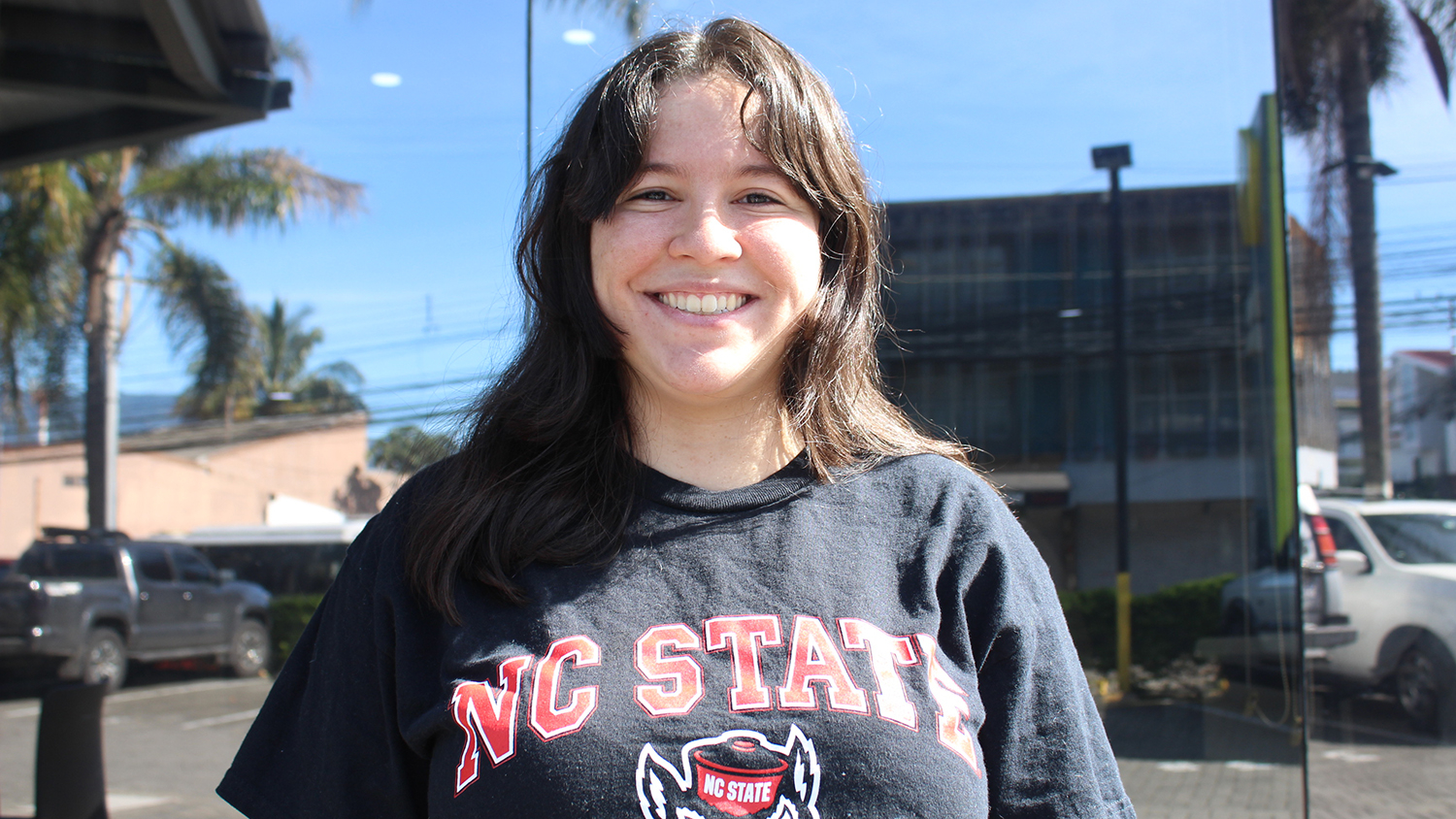GradPack Talks: Research Focuses on College Athletes

As a basketball player at Waynesburg University, BJ Durham’s identity was that of a college athlete. Athletics determined his schedule, provided him with a community of teammates and a leader — his coach. But once he left that environment, he discovered that it was hard to find himself.
Durham is now a Ph.D. student at NC State in the counseling and counselor education program, where he is studying how to help college athletes make the transition to whatever is next. Since most college athletes won’t move on to professional athletics, that transition away from sports can be challenging.
Here, Durham talks with the Graduate’s School’s Beth Philemon about his research and how he hopes to find ways to support other college athletes as they leave their teams and sports behind.
Transcript:

Beth Philemon
Now, your work, your central thesis that you’re constructing, is incredibly interesting. And I am excited to share that with people that are listening because it also leads into your past history is well. So tell us a little bit about that.
BJ Durham
So, actually I’m very very interested in the identity of athletes. And so what I really want to look at is the developmental piece of that identity, when they (student athletes) come into college, and then how does it look when they’re leaving college and are no longer — quote, unquote — considered an athlete and they’re retired from sports. And I just want to see what that identity transition looks like, and what are the implicatons, being a counselor, what are the implications for them, how can we help them through that transition, where ‘I’m an athlete, I’ve always been known as an athlete. And now I’ve graduated, and, you know, have to find a job outside of sports, no longer having a coach talk to me every day,’ and it’s a very different lifestyle. What I want to see is there any way, as a mental health counselor, to assist in that transition.
Beth
Yeah, absolutely. And that is important to you because that was your journey. You were a collegiate athlete and went through that.
BJ
So, I was fortunate enough to play college basketball at Waynesburg University, where I got my undergraduate degree. And it’s very hard because you’re wrapped up in that identity so much. That’s the reason you went to college, the reason you went to that specific college a lot of the time. And so as much as you say you’re going (to college) for other things, that’s (athletics is) usually one of the top priorities on your list. And so once you’ve been so intertwined with that identity, and then it’s done, you had your last day, it was senior day, playoffs and it’s over. It’s like, ‘all right, now I have to move on.’ Is there any way I can be assisted with this, because my identity has been in this for so long?
Beth
Absolutely, and you have probably not only seen that in your own personal life, but in your colleagues, your fellow teammates’ lives as well.
BJ
Yeah, so it’s been it’s been an interesting transition to kind of go through it myself, but also have my former teammates, wonderful friends that I’ve grown up, even those that were able to make it to professional leagues, but they had to retire at 22, 23 years because they weren’t getting any more jobs. So it was really interesting because I grew up around sports to be able to have almost my first pilot study, per se, with just my friends and my teammates. I kind of look at this community, and I think this is an area that needs to be addressed, which has been addressed a little bit before, but not as much as I think can be helpful for all of athletes around the world.
Beth
Right. And it’s so important for you to have that voice I feel, for you, as a former athlete, and also for someone like me that was not a former athlete in school. And we oftentimes, looking on the outside of that world, don’t understand the time commitment, the emotional commitment, the life commitment, it is to playing sports at a university level. We just see the glory, the esteemed regard with which you’re given, and to not really understand or even consider what life is like outside of that. So it’s really interesting, because I had no idea of what that might look like for an athlete until we spoke.
- Categories:


